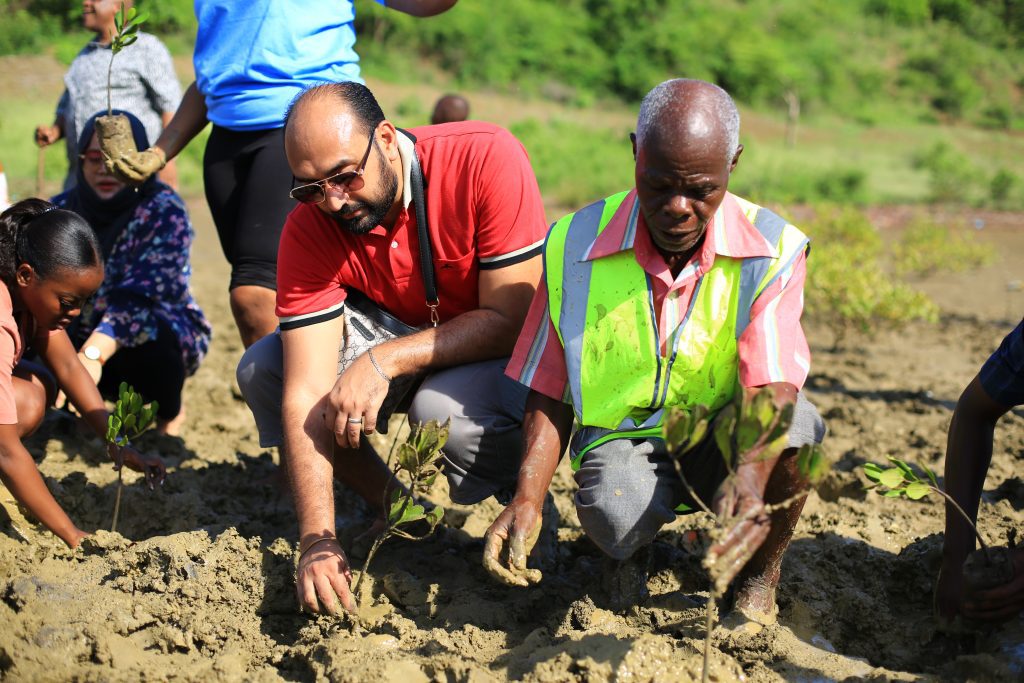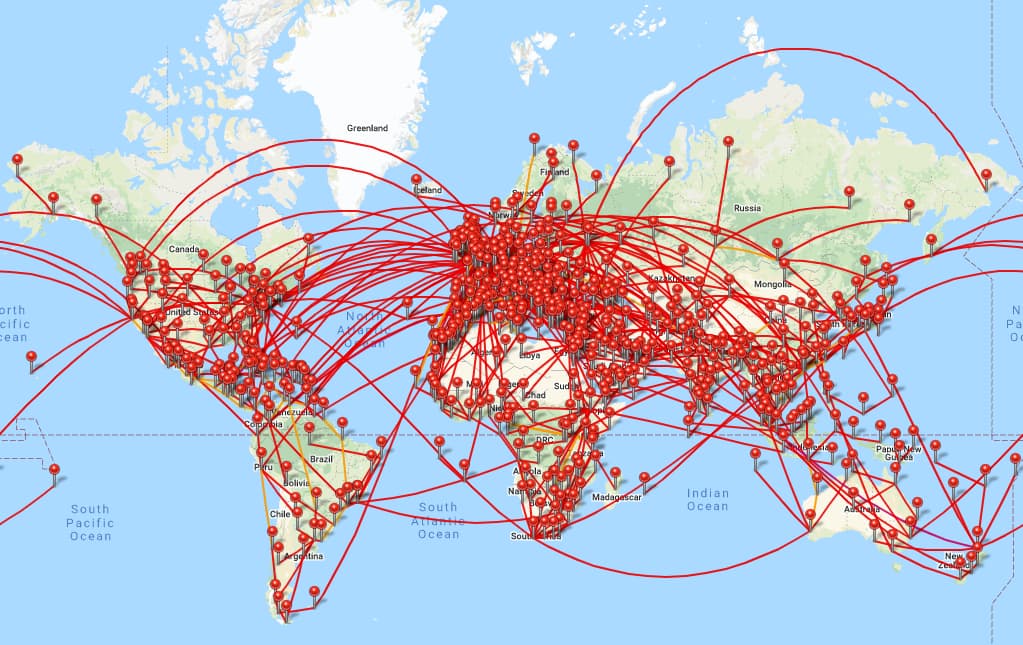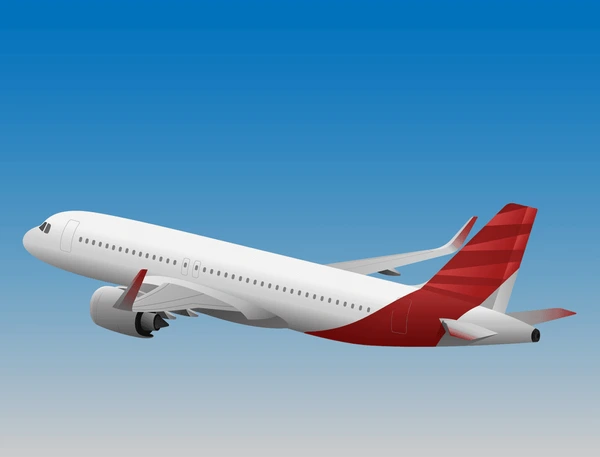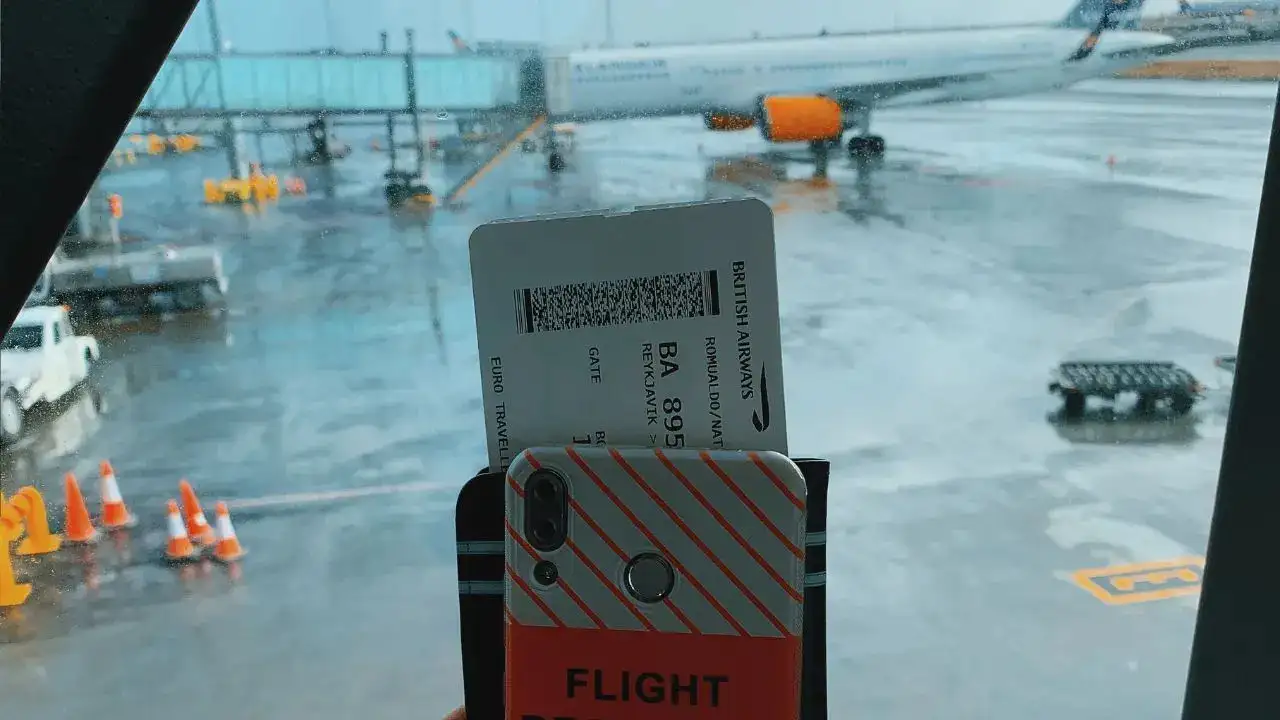The Halal and Muslim-friendly tourism market is expected to grow to $410.9bn by 2032, up from $256.5bn in 2023, according to industry predictions, with popular tourist destinations launching various initiatives to cash in on the rise in demand.International Muslim tourist arrivals in the first half of 2024 were listed at 80 million, according to Crescent Rating, which said the steep rise is set to continue and figures could reach 230 million by 2028.Industry experts say the global Islamic Halal economy, which includes investments as well as tourism among others, is set to reach $7.7 trillion this year, more than double the $3.2 trillion in 2015 and significantly higher than the $5.7 trillion it was valued at in 2021.
What is Halal tourism?
Halal is an Arabic term meaning “permitted” and extends to more than just food.Halal, or Muslim-friendly, tourism would cover everything from halal food, prayer facilities, availability of water in toilets for washing and ablution, gender segregation options, as well as an environment and experience free from “forbidden” acts, including alcohol and gambling.
Why was there a need for halal tourism options?
“Muslim leisure travellers have similar motivations to others. They want to experience the culture of their destination,” Fazal Bahardeen, CEO of Crescent Rating, told Al Jazeera.“The key difference is that they seek to enjoy these experiences without compromising their basic faith-based needs. It’s not just a form of religious tourism.”A report by Crescent Rating predicts that the Muslim travel market is expected to reach $300bn by 2026, serving as “a strategic opportunity for destinations and operators to connect with a growing audience”.
Is the Muslim-friendly tourism market spreading?
AbdulMaalik Tailor, CEO and founder of Halal Tourism Britain, reckons Halal tourism “is an untapped market that has potential”.“Initially, Muslim travellers would only do religious pilgrimages or visit ‘back home’,” he told Al Jazeera. “But as the community grew, especially the younger generations with their surplus spend, it became apparent that their needs had to be catered for.”Bahardeen says many popular tourist destinations are now “recognising this potential and enhancing their offerings to be more inclusive”.
While Malaysia and Thailand are among the most popular destinations, other popular ones include Singapore, United Kingdom, Taiwan, Hong Kong and Thailand.In July last year, Thailand unveiled a halal industry action plan aimed at promoting local products and bolstering industry standards. The country set its hopes on the rising halal industry to help boost to its tourism-reliant economy, which has struggled since the COVID-19 pandemic.
In November, the Hong Kong Tourism Board launched an initiative to “drive development of Muslim-friendly tourism facilities to elevate visitor experiences”.
In a statement sent to Al Jazeera, it said it wanted to “encourage restaurants, hotels, attractions, venues, and other establishments to review their Muslim-friendliness, while promoting the importance of Halal certification among the trade”, sharing a list of hotels, restaurants and attractions that had obtained the required certification.Since 2019, Taiwan has consistently been among destinations ranked highly by Crescent Rating while the Philippines retained its title as an emerging Muslim-friendly destination for the second straight year in 2024.
Last year, the Philippines’s Tourism Secretary Christina Frasco said the tourism department “recognises the significance and potential of Halal tourism in contributing to the growth and diversity of our tourism industry”.“Catering to the needs of Muslim travellers through development of Halal tourism is crucial in ensuring that we raise our competitiveness in the global tourism market,” she added.
Zanzibar hosted a Halal Tourism Exhibition last year, hoping to attract not only investment but also interest. A Zanzibar tourism official told Al Jazeera that the move will also help boost businesses that were already offering such initiatives.Tailor, of Halal Tourism Britain, said the “increase in non-Muslim countries catering to Halal tourism shows a positive trend in the market’s growth”.
What is contributing to the increase in Halal tourism?
While the rise in Muslim population growth remains a factor that has pushed the demand higher, according to Tailor, another major reason is the rising middle class with disposable income that is wishing to travel more.
“More destinations, whether Muslim or non-Muslim, are becoming aware of the potential and are actively marketing themselves as such to create different experiences,” he said.“We also need to recognise that the age we are living in, the narrative can be told now by Muslim influencers and Muslim brands taking advantage of it too, whilst recognising that non-Muslims who may identify as Halal travellers are increasingly wishing to have the shared experiences.”
Approximately 70 percent of the global Muslim population is aged below 40.Crescent Rating predicts that “by 2034, the Muslim population will experience substantial increases in the middle age groups [21-30 and 31-40], which are key travel demographic segments due to their economic activity and travel propensity”.
Bahardeen says he has been part of the industry for the last 16 years, and “the changes in halal tourism have been profound”.“When we started, it was a niche concept with limited awareness. Today, it is widely recognised across the travel industry, with entire segments dedicated to accommodating Muslim travellers. The level of awareness, innovation, and investment in this sector has evolved significantly.”
Source : Aljazeera





















